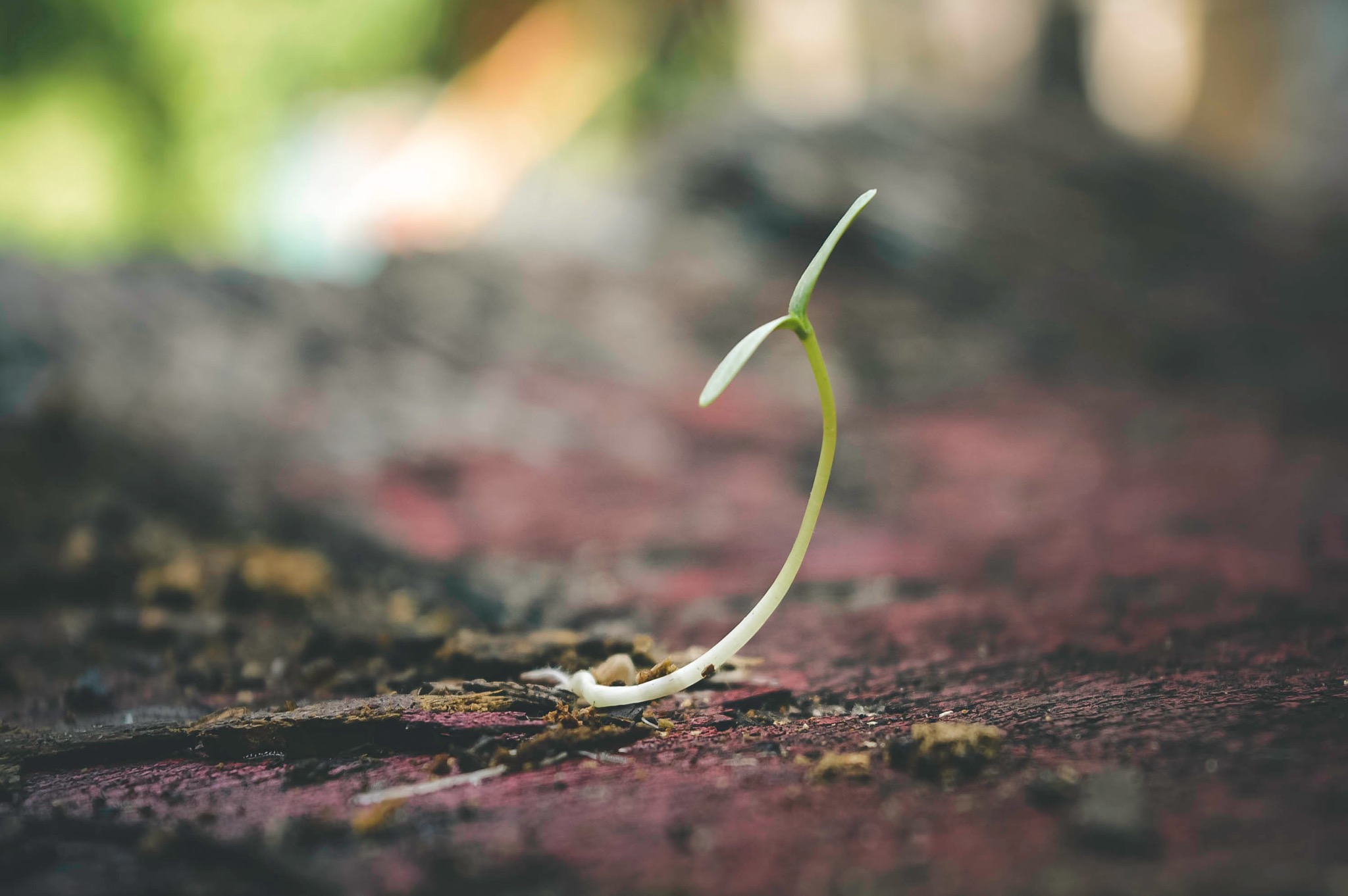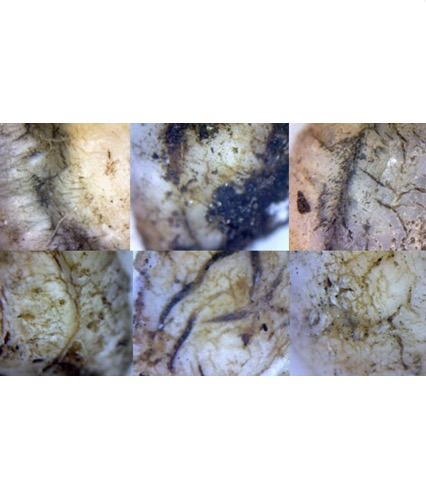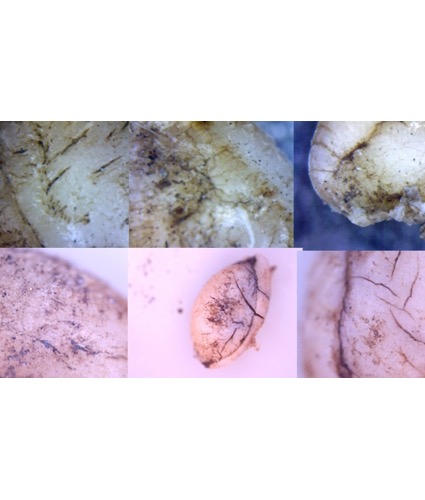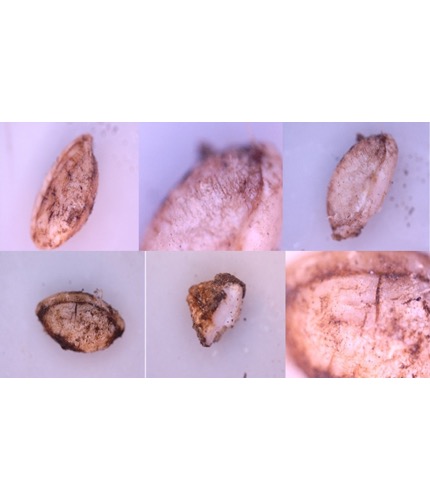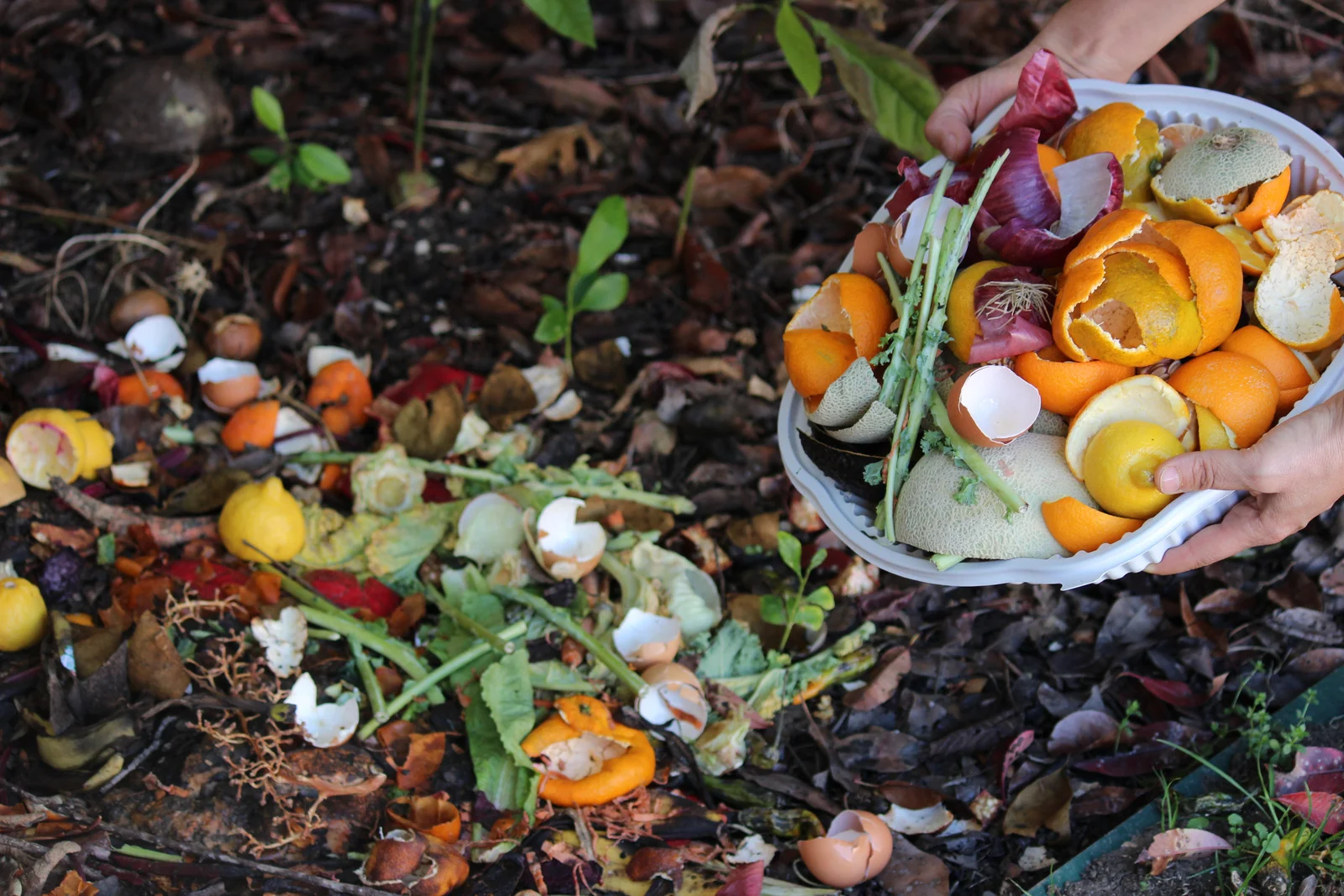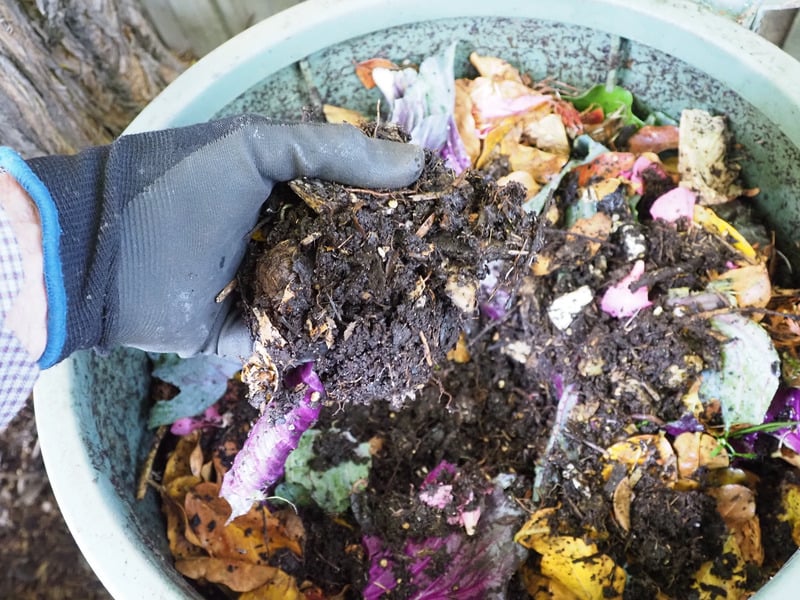Biodegradable or compostable materials
The main areas of use for RENFRAW® are plastic films such as organic waste bags, fruit and vegetable bags, carrier bags with dual-use (first for delivering, then for organic waste) or agricultural films. Furthermore, compostable packaging solutions such as paper-coating, shrink films as well as injection molding and thermoformed products can be produced with RENFRAW®.
Degradable Plastic : Plastic designed to undergo a significant change in its chemical structure under specific environmental conditions, resulting in the loss of some of its properties measured by standard methods appropriate to plastics, over a certain period of time to determine whether the product can be classified as biodegradable or not (ISO 472-2013).
Compostable plastic: Compostable plastics are those that undergo degradation by biological processes during composting, resulting in carbon dioxide, water, inorganic compounds and biomass, leaving no toxic residues.
Recycling
Recycling is the process of collecting and processing materials that would otherwise be thrown away as trash and turning them into new products. It reduces the amount of waste send to landfills and incinerators. There are a number of problems with recycling plastic waste. First, it is very hard to separate different types of plastic waste, which is particularly problematic when dealing with flexible packaging. Second, even if consumers sort their plastic waste, due to a number of reasons it is not likely to actually get recycled.
Although plastic is a versatile and cost-effective material, it’s not always possible to recycle packaging that combines different kinds of plastic. The layers may be difficult to separate, or the packaging may contain food remains that can contaminate other recyclables. Flexible plastic packaging such as plastic wrap, single-use plastics and pill bottles often have trouble being sorted by optical scanners at recycling centers because they are often improperly labeled and cause delays at the sorting facility. If flexible plastics do get recycled, they must be used in low-value applications because their mechanical properties are degraded when downcycled.
Composting
Composting is a process humans have used for millennia to recycle organic waste. A fruit peel, once no longer needed to protect the fruit, returns to the earth where it will fully biodegrade and turn into compost. Composting has been long appreciated by environmentalists worldwide for its potential as a way to harness resources from our waste stream and return them back to the soil.
An orange peel that is thrown away in a landfill will not biodegrade but release greenhouse gases, contributing to climate change. Composting breaks down organic waste quickly and efficiently, trapping carbon in the soil so that it does not contribute to global warming. It also provides nutrients that can revitalize damaged soils and help them absorb more carbon.
The composting process typically starts with the addition of a source of nitrogen, such as green materials such as grass clippings and food scraps, though it can also be started without nitrogen added. As microorganisms in the compost start to break down the material, they produce heat. The amount of heat depends on how many microorganisms are present and how efficiently they can break down the materials. This process is known as thermophilic composting. After several days, or when the temperature reaches at least 130 degrees Fahrenheit (55 C), the compost pile will be ready for cooling. If you have added green materials such as grass clippings and food scraps, this cooling period will take about three weeks.
RENFRAW® can be biodegraded by microorganisms and their corresponding enzymes. Under the circumstances in an industrial composting plant, the RENFRAW® molecules are biodegraded within a few weeks.
RENFRAW® offers various product grades that meet international and national standards and regulations for industrial composting.
Compostable
RENFRAW® is a certified compostable polymer which also contains variable content. It consists of the compostable polymer, polylactic acid (PLA) and other additives. In contrast to simple starch based bioplastics, RENFRAW® is more resistant to mechanical stress and moisture.
High performance
RENFRAW® products are just as high-performing and strong in use as conventional plastics.
A RENFRAW® bag can take the same load as its polyethylene counterpart. The product properties were designed such that the products only fully biodegrade in compost after use.
Certified compostable
RENFRAW® can be biodegraded by microorganisms and their enzymes. Under the conditions of an industrial composting plant (respective temperature, high moisture, defined oxygen content) biodegradation only takes a few weeks. RENFRAW®, offers various product grades that meet international and national standards and regulations for industrial composting
Ready for use
RENFRAW® is a finished product, additional blending is not required that can be used by the customer as drop-in solution with standard plastic production procedures.
Biodegradation Testing
Scientifically recognized tests (e.g. plant growth test, toxicological tests) have proven in practice that RENFRAW® has no negative consequences for nature or the environment.

